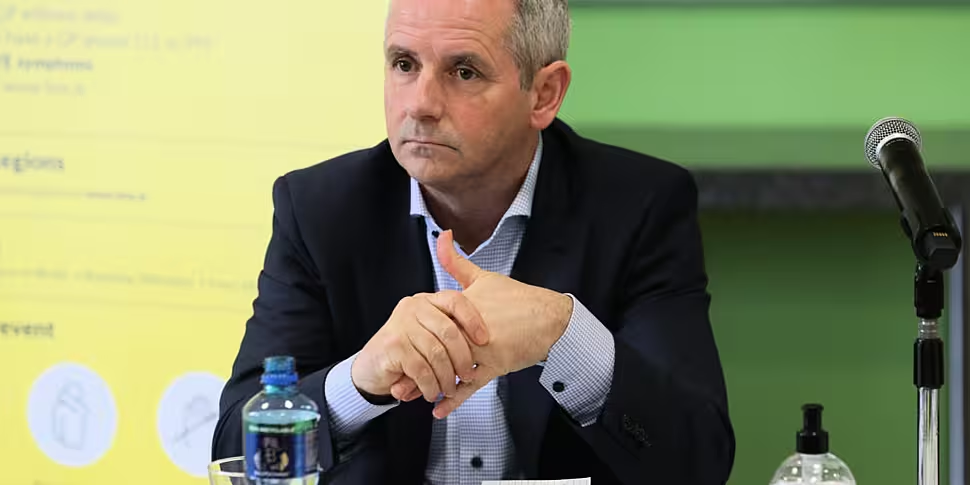The head of the Health Service Executive (HSE) says there have been delays in people getting their COVID-19 test results.
Paul Reid told Newstalk Breakfast this is a problem, but it is getting better.
He said: "I'm very clear and fully accept there have been and there are delays for some people in getting their actual test results.
"That's a further piece of work we need to do over the next couple of weeks.
"But overall what we have managed to do now is firstly put a model in place... let's just remember it's about eight weeks since we started this model with 50 test centres, referrals from GPs, 40 labs now - we started with one - and 1,700 people available for contact tracing".
"And yes, we need to do more on it... So there have been delays, but overall we've made significant improvements.
"Now the majority of people are getting their test done on the same day, if they contact their GP they're now getting appointment slots to be tested on the same day".
"Then from swab test result to lab results the average is about 2.4 days."
"For routine cases from GPs it's generally within a day but it takes a lot longer for more complex cases - particularly nursing home settings and some healthcare workers that we just have to do some more detail on".
He added: "Without doubt and I fully accept there have been people who have been waiting longer - and they're the ones we're trying to address over the coming weeks".
In terms of contact tracing, Mr Reid said delays on this issue are facing every country in the world.
"This is an issue all over the world - we've looked at all countries in terms of how they're doing this.
"Everybody wants to get to 24 hour turnaround, but very few countries - probably Singapore - are there.
"Very few countries are there including France, Germany Spain, UK, US - they're all around three days in terms of the whole process".
Mr Reid also said he is currently examining work to look at future models.
"I am commissioning a piece of work just this week to look at a future model of operation for this testing and tracing for the country.
"This is something we need for the future - for future pandemics, future oversight of labs and testing - it's a new model we need".
Mr Reid also said he is concerned about the knock-on affect of the current crisis on cancer patients and those with other illnesses.
Hospitals can start doing some non-urgent surgeries from Monday after they were stopped to prepare for the pandemic.
He said there are concerns about how people with other illnesses are being affected.
"We set out there yesterday now that we can revert to those other services and we've prioritised firstly obviously cancer and cardio services, secondly time-dependent surgeries that are needed to get back quickly, thirdly we'll utitlise the capacity that we do have in the private hospital in terms of the NTPF.
"But again we have to do this now is a way that's very different: we have to keep our hospital capacity to about 80%... because we have to plan for the uncertainties of COVID".









